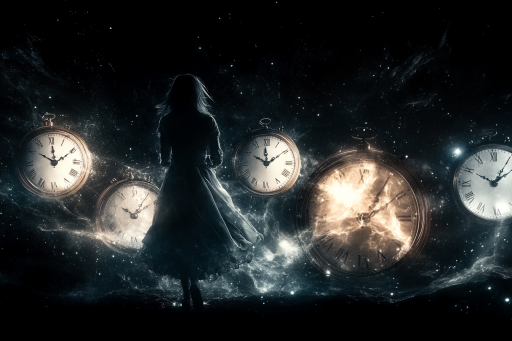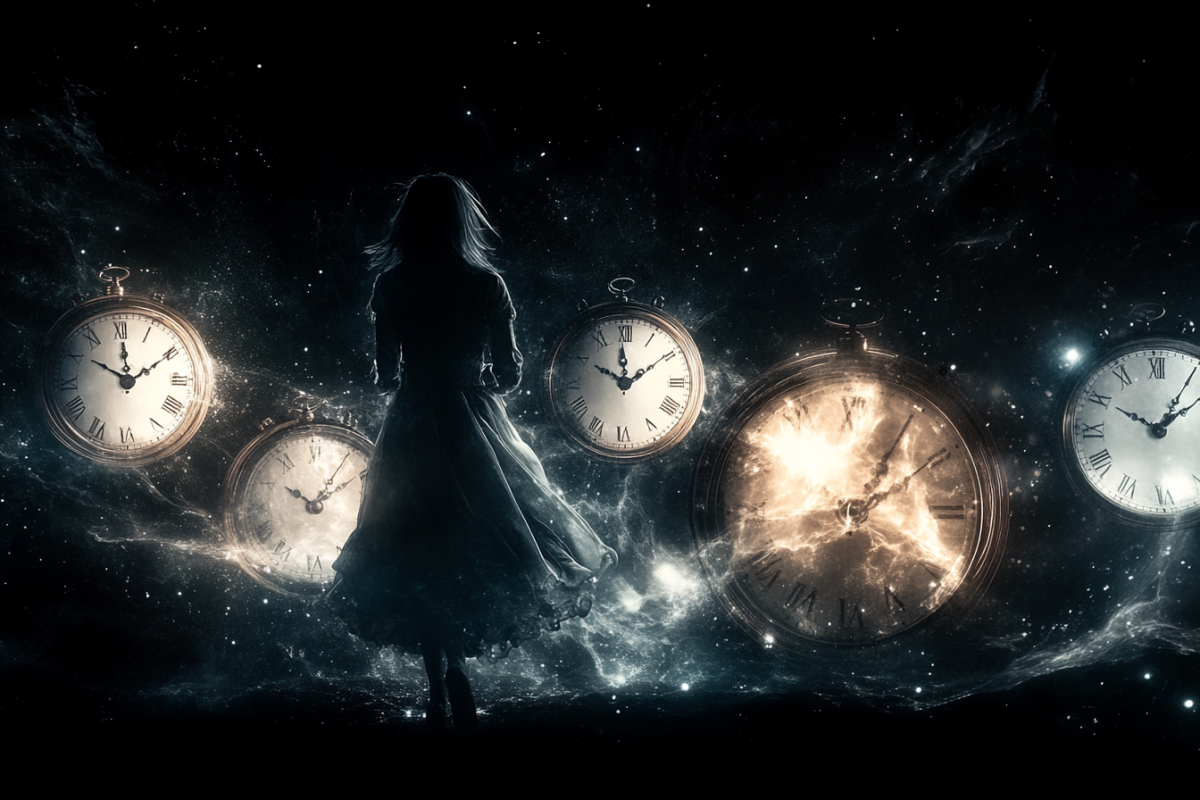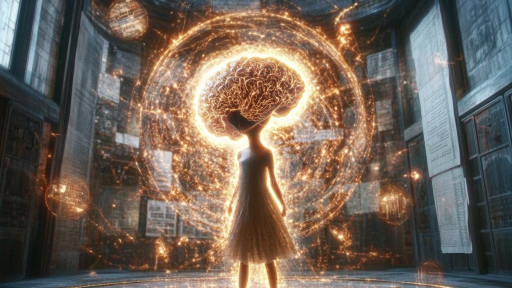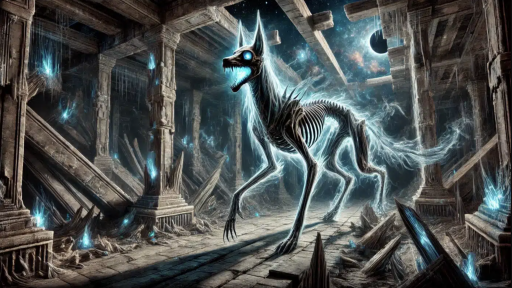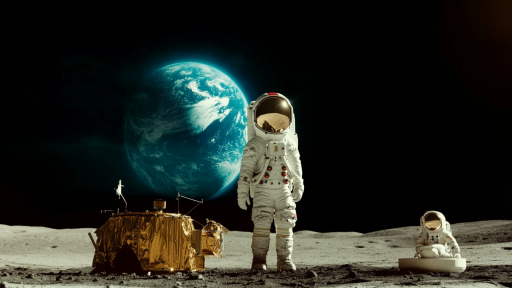
Space-time is one of the strangest and most mind-bending concepts in physics, where the fabric of reality itself stretches, bends, and even warps in ways that defy intuition. Time isn’t fixed, space isn’t always what it seems, and the deeper we explore, the more reality begins to look like a cosmic illusion. Some of these bizarre facts challenge everything we think we know about existence. Get ready to rethink reality as we dive into the most bizarre, brain-melting aspects of space-time.
Time Moves Faster in Space Than on Earth

Time isn’t the same everywhere—it actually moves faster the farther you are from a gravitational source. This means that astronauts on the International Space Station age slightly faster than people on Earth. If you spent years in deep space, you could return to Earth to find that more time has passed here than for you—a real-life time warp caused by gravity.
Gravity Can Slow Down Time

The stronger the gravity, the slower time moves—a phenomenon called gravitational time dilation. If you lived near a supermassive black hole, time for you would crawl, while the rest of the universe would age much faster. The closer you get to intense gravity, the more you experience a warped version of time.
Black Holes Can Trap Time Itself

At the event horizon of a black hole, time slows down so much that an outside observer would see you frozen in time. If you fell in, time for you would continue normally, but for the rest of the universe, you’d seem to hang there forever. This means black holes don’t just trap light—they trap time itself in a cosmic slow-motion effect.
There Is No Universal “Now” in the Universe

In everyday life, we assume that “now” is the same for everyone—but in space-time, there is no universal present. Someone moving at a different speed or in a different gravitational field could experience a completely different “now” than you. This means that in the vastness of space, there is no single moment shared by all observers—everyone’s reality is different.
The Faster You Move, The Slower Time Gets

According to Einstein’s theory of relativity, the faster you move, the slower time passes for you compared to someone at rest. If you could travel close to the speed of light, time would slow so much that a short trip for you might mean centuries have passed on Earth. This is a real form of time travel into the future, caused simply by motion.
Space and Time Are Actually One Thing

Space and time aren’t separate—they’re part of the same thing called space-time. When gravity warps space, it also warps time along with it, meaning the two are inseparably linked. The fabric of the universe is a four-dimensional web where time bends, stretches, and even twists alongside space.
The Universe Might Be a Hologram

Some physicists believe that the entire universe could be a holographic projection of information stored on a distant cosmic boundary. This means that everything we experience, including space and time, could be an illusion created by a deeper, more fundamental layer of reality. If true, it would mean the fabric of the universe is a projection, and our perception of reality isn’t what it seems.
Time May Have No Beginning or End

We assume time started with the Big Bang, but some theories suggest that time may be infinite—with no true beginning or end. Some physicists propose that before our universe existed, another one came before it, and another before that, in an eternal cosmic cycle. If this is true, then time has always existed and always will, never truly beginning or ending.
There Might Be More Than Three Dimensions of Space

We experience reality in three spatial dimensions, but physics suggests there could be hidden dimensions curled up at microscopic scales. If extra dimensions exist, they could explain mysteries like dark matter and quantum gravity, and possibly even connect different regions of space-time through hidden shortcuts.
Wormholes Could Let You Travel Through Time

Wormholes are theoretical tunnels that bend space-time, connecting distant points instantly. If stable wormholes exist, they could allow for not just space travel, but time travel, letting someone jump between different eras of history. The challenge? Keeping a wormhole open requires exotic matter that may not exist—or may be beyond our current understanding.
The Universe Might Have a Preferred Direction in Time

Time seems to flow in one direction, but physics doesn’t actually require it to. The arrow of time is based on entropy—the natural tendency for things to move from order to disorder. However, some theories suggest that time might be reversible under certain cosmic conditions, meaning past and future could be more flexible than we think.
A Massive Object Could Slow Time on One Side and Speed It Up on the Other

If a rotating supermassive object warped space-time enough, it could create a region where time moves differently depending on which side you’re on. This means that one part of an object might age slower while another part ages faster, creating bizarre effects that defy logic.
Space-Time Can Ripple Like Water

Massive cosmic events, like colliding black holes, can create gravitational waves—ripples in space-time itself. These waves stretch and squeeze reality as they move through space, distorting everything in their path. We only recently detected them, proving that space-time isn’t rigid—it moves like an ocean, responding to massive cosmic forces.
Time Can Split Into Multiple Realities

Some interpretations of quantum physics suggest that every event creates multiple branching realities, where all possibilities play out simultaneously. This means that there could be infinite versions of you, each experiencing a slightly different timeline. If true, the reality you experience is just one of countless possible timelines unfolding at once.

